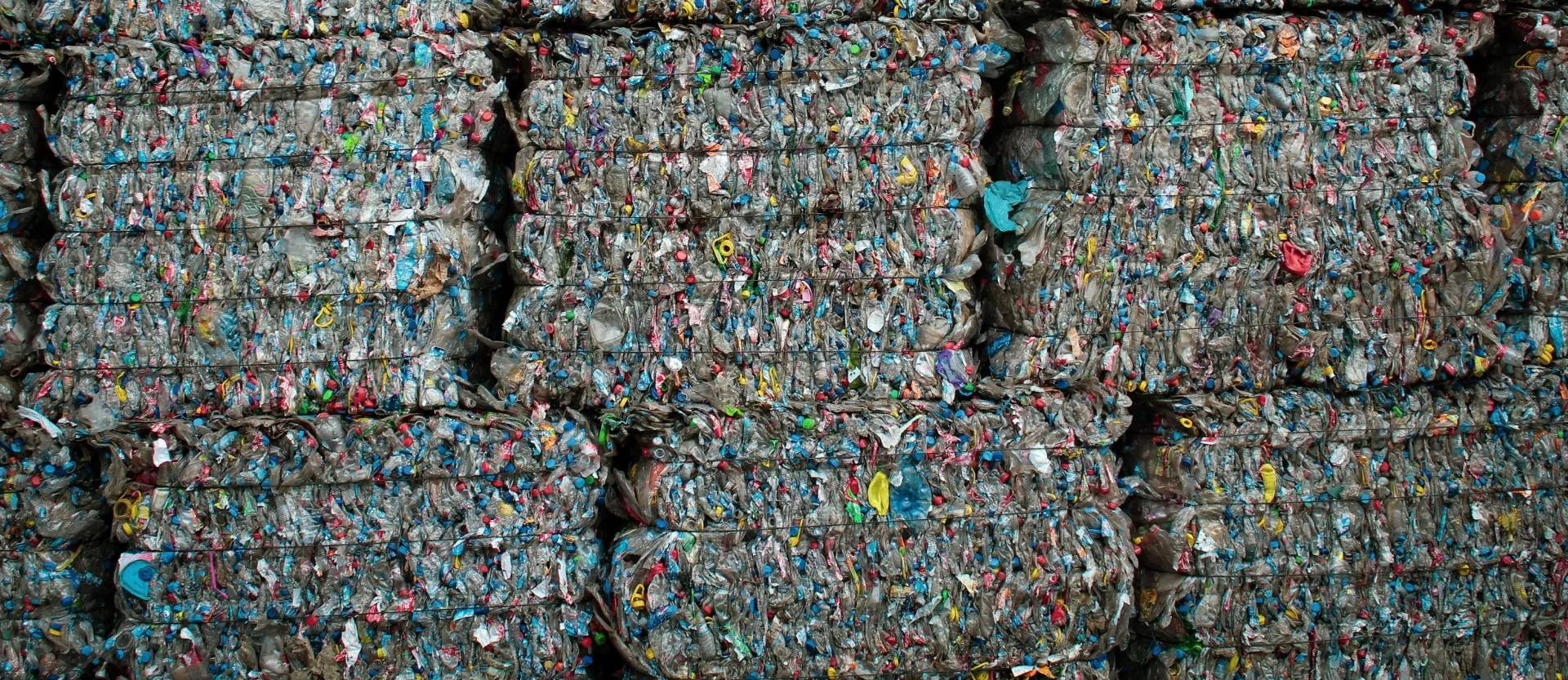Refuse Derived Fuel (RDF) recycling
At CD Waste, we transform everyday rubbish into valuable energy sources through our Refuse Derived Fuel (RDF) process. By shredding and drying waste, we remove non-combustible materials, leaving behind organic, plastic, and biodegradable waste that can be compressed into fuel pellets. These pellets are then used in energy plants, effectively replacing fossil fuels and reducing our reliance on non-renewable energy sources.
RDF recycling process
- Waste Collection: CD Waste collects waste materials and delivers them to our RDF facility. The waste is thoroughly inspected to ensure compliance with specifications.
- Sorting and Removal: The waste undergoes manual and mechanical sorting to remove easily separable materials such as cardboard, wood, and hazardous contaminants.
- Shredding and Separation: The remaining waste is shredded, and ferrous metals are removed using magnets, while non-ferrous metals are extracted through eddy currents. Heavier items like glass and ceramics are separated via a trommel.
- Drying and Fuel Preparation: The shredded waste is further processed in a fuel preparation plant, where it is dried and compressed into RDF pellets.
- Energy Generation: The RDF pellets are transported to energy plants, where they are used to generate electricity, steam, and heat, replacing traditional fossil fuels.
RDF faqs
RDF is typically produced from organic, plastic, and biodegradable waste that is non-combustible.
By converting waste into fuel, RDF reduces the amount of waste that would otherwise end up in landfills.
RDF is suitable for energy plants equipped to burn solid fuels and convert them into energy.
Metals, plastics, and other recyclables are sent to approved recycling sites for further processing.
Materials Recovery Facility (MRF) recycling
At CD Waste, our Materials Recovery Facility (MRF) revolutionises the way Dry Mixed Recycling (DMR) is processed. Using advanced technologies, our MRF can efficiently separate various recyclable materials like paper, cardboard, plastics, and metals from a single receptacle. This streamlined process simplifies recycling for businesses and ensures that a wide range of materials can be reused, reducing the need for new resources.
MRF recycling process
- Waste Collection: CD Waste encourages the use of DMR bins for recycling. The waste is collected in dedicated trucks designed for mixed recyclables.
- Delivery to MRF: The collected recyclables are delivered to our state-of-the-art Materials Recovery Facility.
- Initial Sorting: The waste is processed through a bag splitter, where ferrous metals are removed using magnets, and non-ferrous metals are separated by eddy currents.
- Advanced Separation: Heavier items like glass and ceramics are separated using a trommel. Optical sort technology is then used to separate remaining items such as PET, HDPE, and paper.
- Baling and Transport: The segregated materials are baled into 500kg bales, ready for transportation to reprocessing plants, where they are converted into reusable commodities.
MRF faqs
The DMR bin can hold paper, cardboard, plastics, aluminium cans, and glass.
No, our MRF technology allows all recyclables to be placed in a single bin for efficient separation.
Contaminated materials are typically redirected to general waste streams, but we encourage proper segregation to maximise recycling.
Yes, our MRF services are scalable and suitable for businesses of all sizes.
Food waste recycling
CD Waste offers a dedicated food waste recycling service that transforms organic waste into renewable energy and nutrient-rich fertiliser. Through the Anaerobic Digestion (AD) process, we convert food waste into biogas and digestate, both of which have valuable applications. Biogas is used to generate electricity and heat, while digestate is repurposed as a high-quality fertiliser, contributing to a more sustainable agricultural system.
Food waste recycling process
- Encouraging Recycling: CD Waste promotes food waste recycling through educational campaigns and provides posters and roadshows to increase awareness.
- Provision of Bins: Customers are provided with specialised food waste recycling bins, available in various sizes, to store their organic waste.
- Dedicated Collection: The food waste is collected using bespoke trucks equipped with a bin wash system, ensuring each customer receives a clean bin after collection.
- Anaerobic Digestion: Upon arrival at our facility, food waste is separated from packaging and processed through anaerobic digestion, where it is broken down in an oxygen-free environment to produce biogas and digestate.
- Energy Generation and Fertiliser Production: The biogas is used to power the facility and supply renewable energy to the National Grid, while the digestate is sold as eco-friendly fertiliser to local farms.
Food waste faqs
We accept a wide range of organic food waste, including meat, fruit, vegetables, and dairy.
Digestate is a nutrient-rich by-product that enhances soil fertility and reduces the need for chemical fertilisers.
Biogas is used to generate electricity, steam, and heat, with excess energy fed into the National Grid.
Yes, our food waste recycling service is available to businesses of all sizes, with customised bin options to suit your needs.
Get in touch with us
For personalised service, expert advice, or to discuss your waste management needs, contact our team today. Whether you have questions, need a quote, or want to explore tailored solutions, we’re here to help. Let’s collaborate to create an efficient waste management plan for your project.
